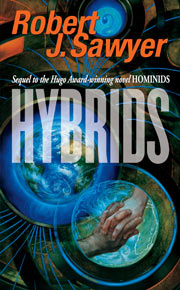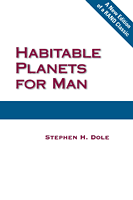I'll take "Clueless" for $1,000, Alex
A query I received in my capacity as an editor for Red Deer Press this morning began thus:
I've got a Fiction Novel of 40,000+ words which I am trying to find a publisher for. Front cover has been designed already and it's on it's way for professional editing.I stopped reading after that, and sent this reply:
I'm very busy, so consider it a kindness that I'm replying at all.
You're doing everything wrong.
First, you don't query editors en masse -- or, if you do, you don't let us all see each others' names in your "To:" field.
Second, you don't say "fiction novel" -- there's no other kind of novel.
Third, 40,000 words in barely a novel by today's standards; most publishers won't touch anything less than 80,000 words.
Fourth, the job of creating the cover belongs to the art director at the publishing company; it's not your job, and, frankly, you are utterly clueless about what will appeal to the buyers at Borders and Barnes and Noble, which are the ones who the cover is created for. Don't have your own cover designed; leave it to the publishing company.
Fifth, if you need an editor to polish your prose before you submit it, fine -- it means you're not good enough to be a writer on your own, and that is indeed an impediment to a writing career, but, as you've found, you can hire professional help. But, for God's sake, keep that dirty little secret to yourself; don't brag about it in your cover letter. If your book is bought by a publisher, the publisher will assign -- and pay for -- an editor to work with you.
Sixth, never query a publisher until you are ready to submit; you said you're not -- you're still having your work edited. When your book is as perfect as you can make, then query editors one at a time, explaining in your cover letter why specifically you've chosen to approach that publishing house (that is, demonstrate that you've done some market research -- you clearly haven't, as they only thing I publish is science-fiction novels by Canadians, and yet you scattershot queried me, wasting your time and mine).
Seventh, you have to be letter-perfect in what you submit. If you don't know the difference between "it's" and "its," you're not ready to be a professional writer, and if you do know the difference, and just couldn't be bothered to proofread your query letter carefully, then you really aren't being respectful of the people whose time you are wasting.
I wish you the best of luck -- but you need more than that; you need to do your homework before bothering editors again.
Please take this in the spirit it's intended -- one of helping you; I rather suspect just about every one of the 46 other editors you addressed your message to won't bother to reply at all.
Visit The Robert J. Sawyer Web Site
and WakeWatchWonder.com
Labels: Publishing, Writing




 Things like the Book Lover's Ball (see the next entry) are one of the reasons I love being an author in Canada -- it's hard to imagine a genre-fiction writer being so well treated in the States.
Things like the Book Lover's Ball (see the next entry) are one of the reasons I love being an author in Canada -- it's hard to imagine a genre-fiction writer being so well treated in the States.

